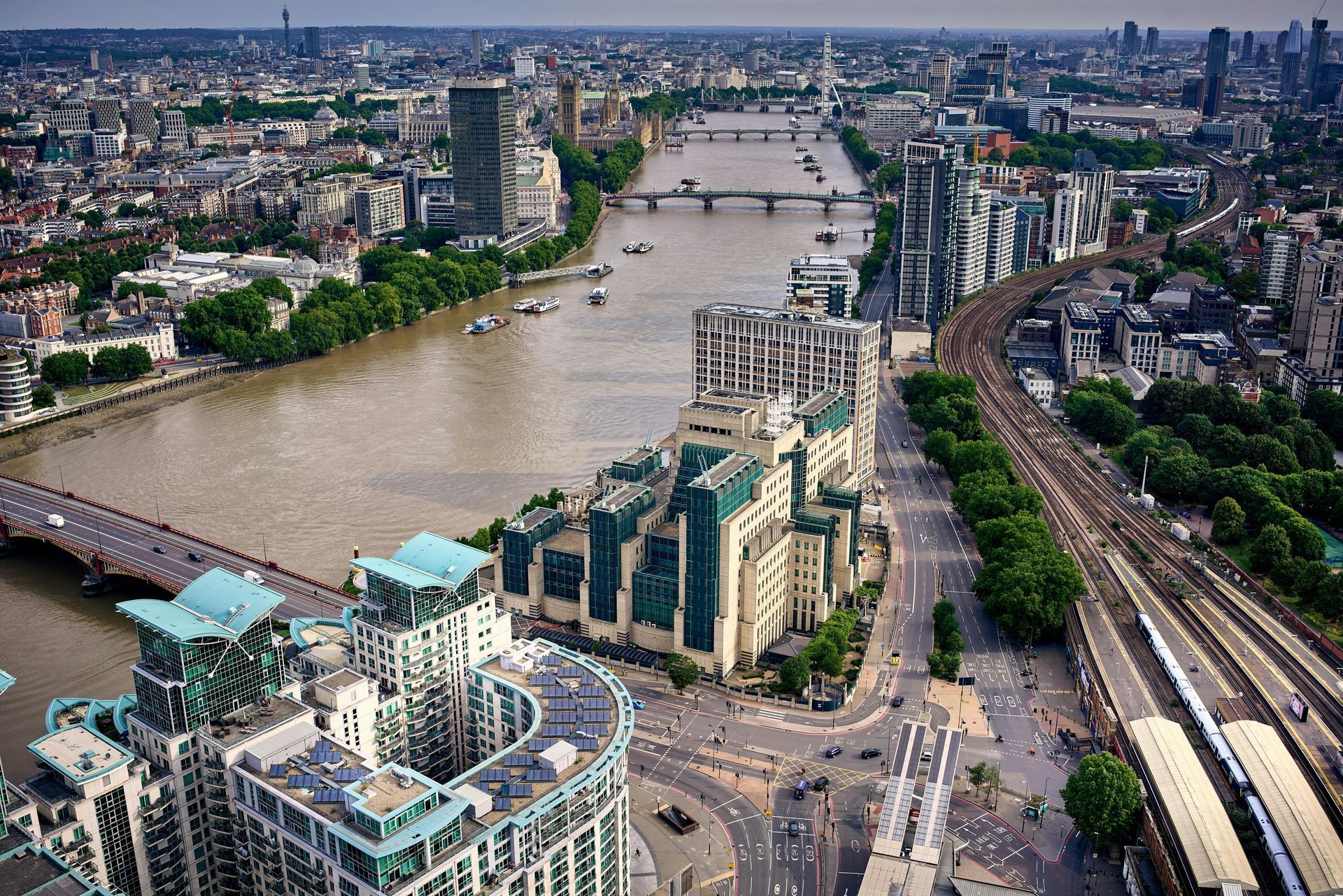Relocating to Dubai fact sheet

In recent years, Dubai has emerged as a prominent destination for high net worth individuals seeking favorable tax environments. Its strategic location, vibrant economy, and attractive tax policies have made it a haven for those looking to optimize their financial affairs. Relocating to Dubai for tax purposes requires careful planning and understanding of the legal and financial landscape. In this article, we'll explore the steps involved in relocating to Dubai for tax purposes as a high net worth individual.
Understand Dubai's Tax System: Dubai offers a tax-friendly environment with no personal income tax, no capital gains tax, and no inheritance tax. However, it's essential to understand the nuances of the tax system, including corporate taxes and the impact of international tax treaties.
Consult with Tax Advisors: Before making any decisions, consult with experienced tax advisors who specialize in international tax planning. They can provide tailored advice based on your specific financial situation and objectives.
Establish Residency: Residency is a key factor in determining your tax obligations in Dubai. High net worth individuals can obtain residency through various channels, including employment, property investment, or setting up a business. Each residency option has its own requirements and benefits, so it's crucial to choose the most suitable route based on your circumstances.
Structure Assets and Investments: Properly structuring your assets and investments is essential for tax optimization. This may involve setting up offshore companies, trusts, or other legal entities to manage your wealth efficiently. Tax advisors can help devise a customized strategy that maximizes tax benefits while ensuring compliance with local regulations.
Consider the Dubai International Financial Centre (DIFC): The DIFC offers a unique legal and regulatory framework tailored to the needs of the financial industry. High net worth individuals can benefit from the DIFC's sophisticated infrastructure, robust legal system, and favorable tax environment.
Review Estate Planning: Estate planning is an integral part of tax relocation for high net worth individuals. Dubai's absence of inheritance tax makes it an attractive jurisdiction for estate planning purposes. However, it's essential to work with legal experts to draft comprehensive estate plans that address succession, asset protection, and wealth transfer.
Comply with Reporting Requirements: Even though Dubai has lenient tax policies, it's crucial to comply with reporting requirements to avoid any potential issues with tax authorities. This includes disclosing overseas assets, income, and financial transactions as required by local regulations.
Stay Informed of Regulatory Changes: Dubai's tax and regulatory landscape is subject to change, so it's essential to stay informed of any updates or amendments that may affect your tax planning strategy. Regularly review your financial affairs and consult with advisors to ensure compliance with current laws and regulations.
Maintain Substance: While Dubai offers attractive tax benefits, it's important to maintain genuine ties to the jurisdiction to substantiate your residency status. This may include spending a significant amount of time in Dubai, conducting business activities, or owning property in the emirate.
Plan for Exit Strategies: Finally, it's essential to have exit strategies in place in case you decide to relocate from Dubai in the future. This involves carefully unwinding legal structures, transferring assets, and mitigating any tax implications associated with leaving the jurisdiction.
In conclusion, relocating to Dubai for tax purposes as a high net worth individual requires careful planning, strategic decision-making, and expert guidance. By understanding the tax system, structuring your assets effectively, and staying compliant with regulations, you can take full advantage of Dubai's favorable tax environment while safeguarding your wealth for future generations.


